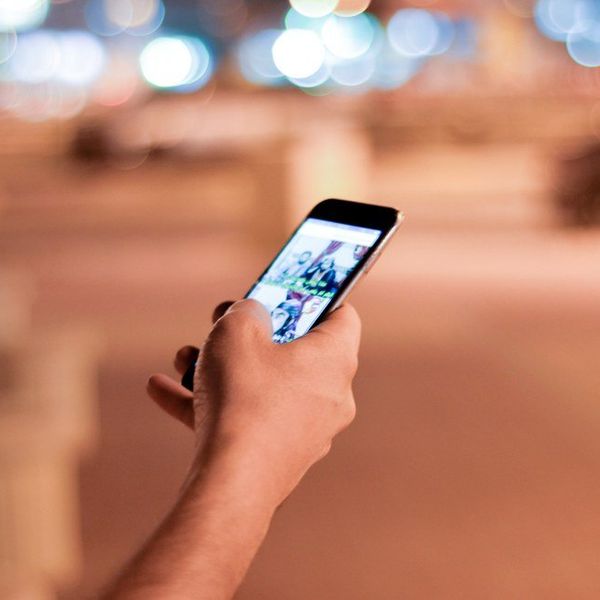Any person born after 1993 understands how important social media is to virtually every aspect of our lives. The first thing I do in the morning is check my Instagram and Snapchat feeds to see what everyone did last night. I am enrolled in classes where it is mandatory to have a Twitter account to interact with the professor. Our phones have become an extension of ourselves; a virtual life that in theory should seamlessly reflect out reality. However, we all know this is not the case; social media has turned into a platform used to curate the impression of a perfect life.
My freshman year at Kent State, I had to take a class called “First Year Experience," where we learned tips and were introduced to tools that could help us have the most productive college careers. For the entire semester, my professor mainly focused on the importance of social media during this time of our lives. Future employers are very likely to look at our profiles, and we can use our accounts as a way to network in our job fields of choice. This class got me thinking of how the pressure of social media has a huge effect not only on our professional lives, but our personal lives.
If any person scrolled through my social media feeds, I’d like to believe that there is a clear representation of my personality. But, if we really dissect it, my social media profiles represent an idealized version of myself; the personality that I want the world to believe is mine. Every picture I post of myself is the result of a five minute photo shoot and at least one carefully selected filter. My posts are specifically thought out to seem casual and effortless. This is one of the results of social media on how we, as the millennial generation, view not only ourselves but also each other.
A study done by the National Center on Addiction and Substance Abuse at Columbia University showed that 75 percent of teens admitted that seeing pictures of their peers partying with alcohol or marijuana encouraged them to do the same. Independent magazine referred to this specific breed of peer pressure as the "Facebook Effect," insinuating that online peer pressure is just as effective, if not more, than peer pressure in person. Although this study was done with teenagers in high school, I would definitely say that the "Facebook Effect” follows us through college and beyond.
I love fashion more than most things in my life, so my social media accounts are usually dedicated to pictures featuring my newest outfit, accessory, or lip color. I also love to go out and dance with my friends, because who doesn’t enjoy having a good time? Apparently, though, this is a lethal combination when it comes to growing up and having an Instagram. I grew obsessed with getting likes and validation that my outfits were stylish, and I also began going out more and more just to post pictures with my friends. This desire to seem cool, stylish, and fun spiraled into me living a double life. I was competing with other people on my feed, trying to remain relevant. At one point, I stopped wearing the same outfit more than once when I knew pictures were going to be taken. I felt that if I didn’t get a certain amount of likes, that I wasn’t liked as a human being. I was in such an unhealthy state of mind because I felt pressure to prove myself through social media. I was suffering from the Facebook Effect.
As millennials, we need to remember that social media does not define us as human beings. Posting pictured with red cups filled with bitter mystery liquids does not make you cooler. Uploading a selfie with a brand new expensive watch does not make you stylish. Writing paragraphs under a photo of you volunteering in Africa over break does not make you a good person. What matters is what happens on the other side of the phone, how you treat other people, how you treat yourself, and if you genuinely stand behind everything you do.
It’s okay to post pictures, tweet lyrics, or rant on Facebook, because social media as a whole is not the issue. The problem lies in the level of importance we as a society have dedicated to social media. Instead of creating a “perfect profile," we should be creating memories and uploading snapshots along the way.





















